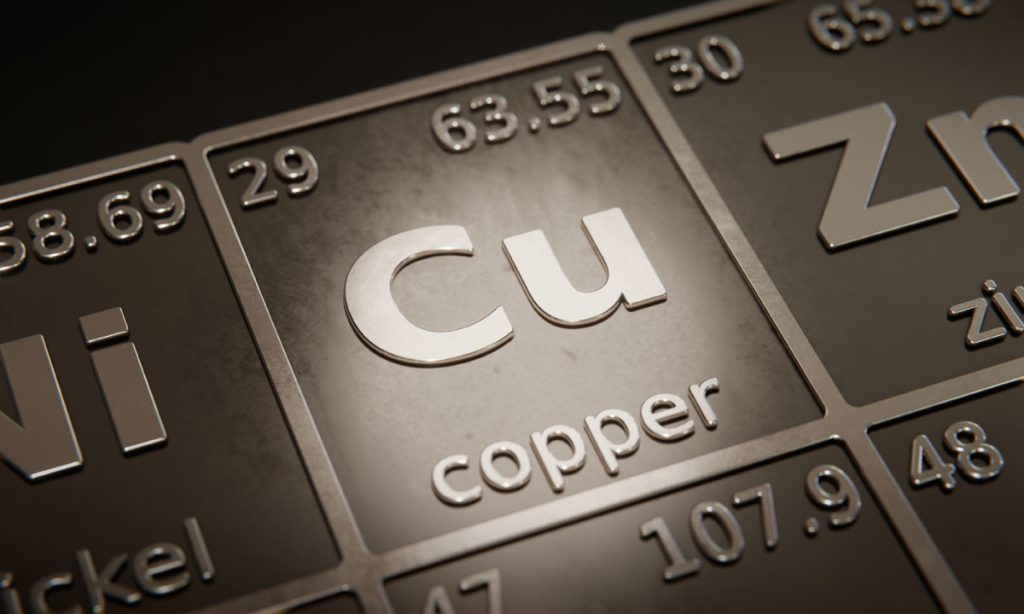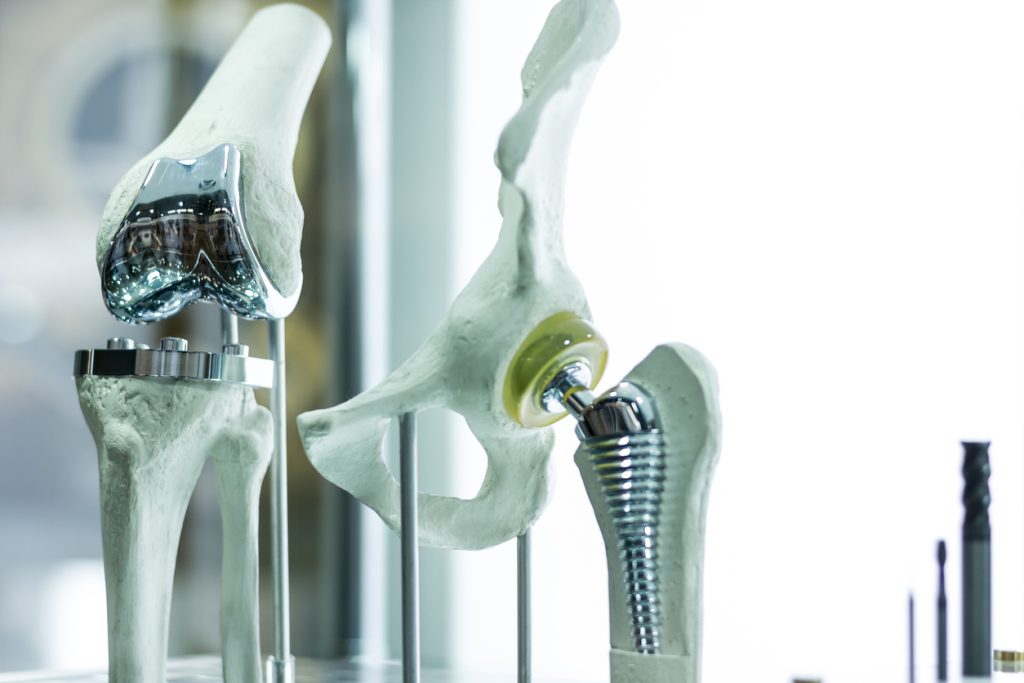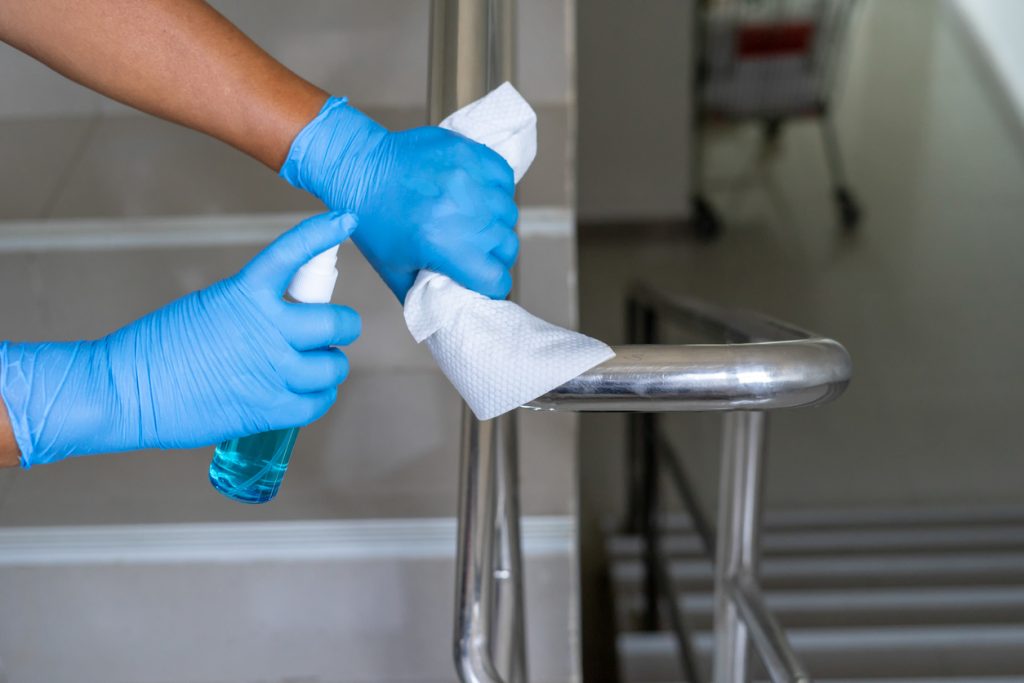Choosing the Right Metal for Antimicrobial Investment Castings
Never before have people been so in touch with how illness, viruses and diseases spread. Covid-19 made people re-evaluate how long they washed their hands for, how far a safe distance was to stand from someone and how often we should clean surfaces that are frequently touched.
With that came a rise in companies wanting to make changes to help keep people safe. Supermarkets introduced antimicrobial handles for trolleys and stocked up on cleaning agents so customers could clean surfaces that others had previously touched.
Of course, some industries have been doing this for years. For example, the healthcare industry has always focused on the development of equipment and machinery that have antimicrobial properties.
Regardless of which sector you work in, if you are developing a product that will be in use in a high touch point area, with castings that are exposed to the public, you might want to look at antimicrobial metals, treatments and finishes that can help reduce the spread of bacteria.
What Are Antimicrobial Properties?
Antimicrobial surfaces contain properties that help destroy bacteria left on them and inhibit bacteria's ability to reproduce. Different surfaces have different antimicrobial properties, so there are different levels of protection based on the surface material. The level of protection the surface provides also varies based on the bacterial strain. Metals such as copper, cobalt, nickel, zinc and stainless steel either have antimicrobial properties or can be treated to include them.
Copper-Based Alloys
Copper is one of the most commonly known metals for providing antimicrobial surfaces, and the material is often used when there is a need to keep bacteria at bay. In 2008 the metal was the first solid antimicrobial material registered at the US Environmental Protection Agency. It works by releasing ions that punch holes in the cell membrane. These ions then shred the DNA and proteins inside the bacteria. The self-sanitising nature of the material means it has been used throughout hospitals for items such as door handles, tray tables, call buttons and toilet seats.
Copper kills a wide range of microbes and can kill them quite quickly, so it has been well established as an antimicrobial surface. Even copper-based alloys such as brass can reduce the transmission of bacteria. The electron in the outer orbital shell of copper interacts with oxygen which creates a blast of viral envelopes that exterminate the germ-replicating instructions inside the bacteria. Copper-based investment castings can therefore help reduce the risk of viruses and bacteria spreading significantly when used for high touch point areas without the need for additional treatments or coatings.
Antimicrobial Titanium & Zinc
Titanium is frequently associated with healthcare as a metal used for biomedical implants. It is the strongest, most corrosion-resistant metal and can also be found in aerospace and military defence castings. As a metal, it doesn't have antimicrobial properties, however, nano-modified titanium can be created. This introduces nanoparticles that can implement different degrees of antibacterial effects on the part's surface.
Zinc castings also feature some antimicrobial properties introduced by coatings or treatments. This may be a cheaper alternative to copper as it is a more cost-effective metal; however, as coatings can wear down, the antimicrobial properties of the casting will not last as long as those made from copper.
Stainless Steel
Mainly people associate stainless steel with health care locations and may believe that this is because of the degree of cleanliness. Whilst it is true that stainless steel surfaces have a high hygiene value, they are not antimicrobial; the level of hygiene comes from the ability to clean the surface easily. Disinfectants used on stainless steel are up to three or four times more effective than on other metals. Therefore when cleaned correctly, stainless steel surfaces can reduce the risk of disease and spreading viruses.
Stainless steel is also a more aesthetically pleasing material, so it is often the metal of choice when looking at investment casting for parts that will be in sight. Copper can tarnish, which makes it look unclean, but in reality, it is a cleaner surface than many others.
Anti-Microbial Metal Options
If you are looking for an antimicrobial metal surface for your castings, copper investment casting is the way forward. However, with many years of experience in delivering castings for all uses and environments, we can help find a material that works for your application.
Our UK casting foundry can supply a range of castings in different materials with finishes, treatments and coatings that can aid in reducing the spread of infections. Contact our team to discuss your requirements.
Registered in England VAT No: 146307478 Company Registration No: 1062820







